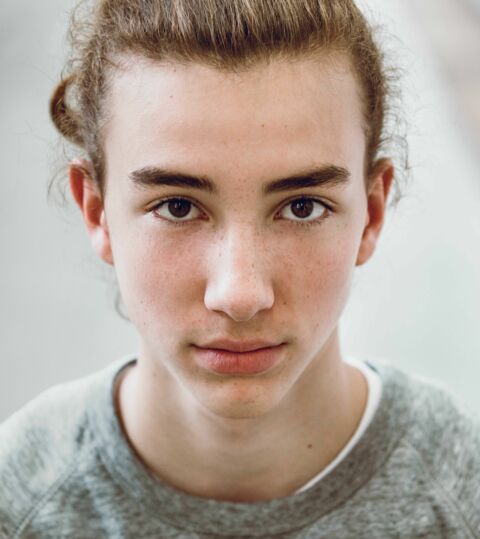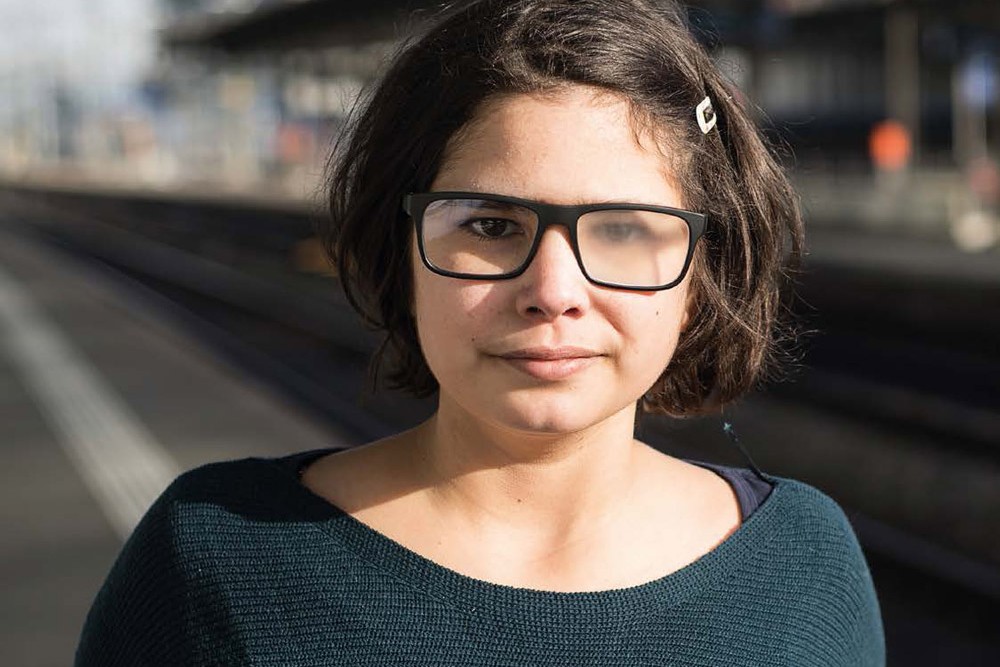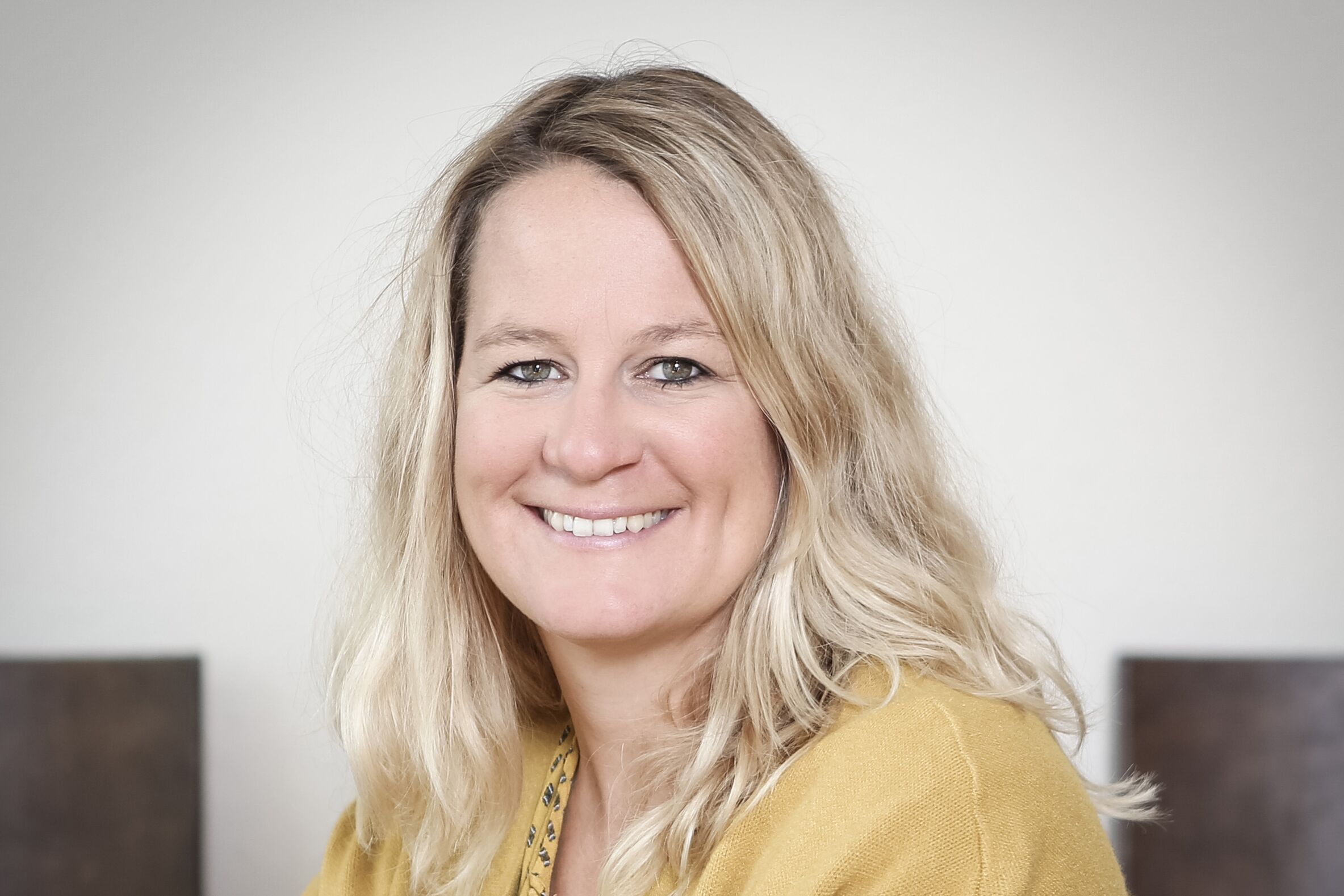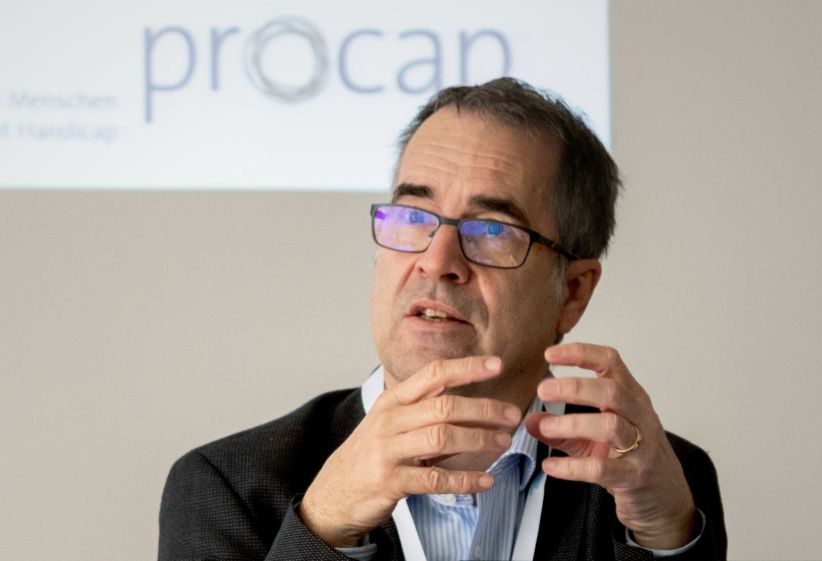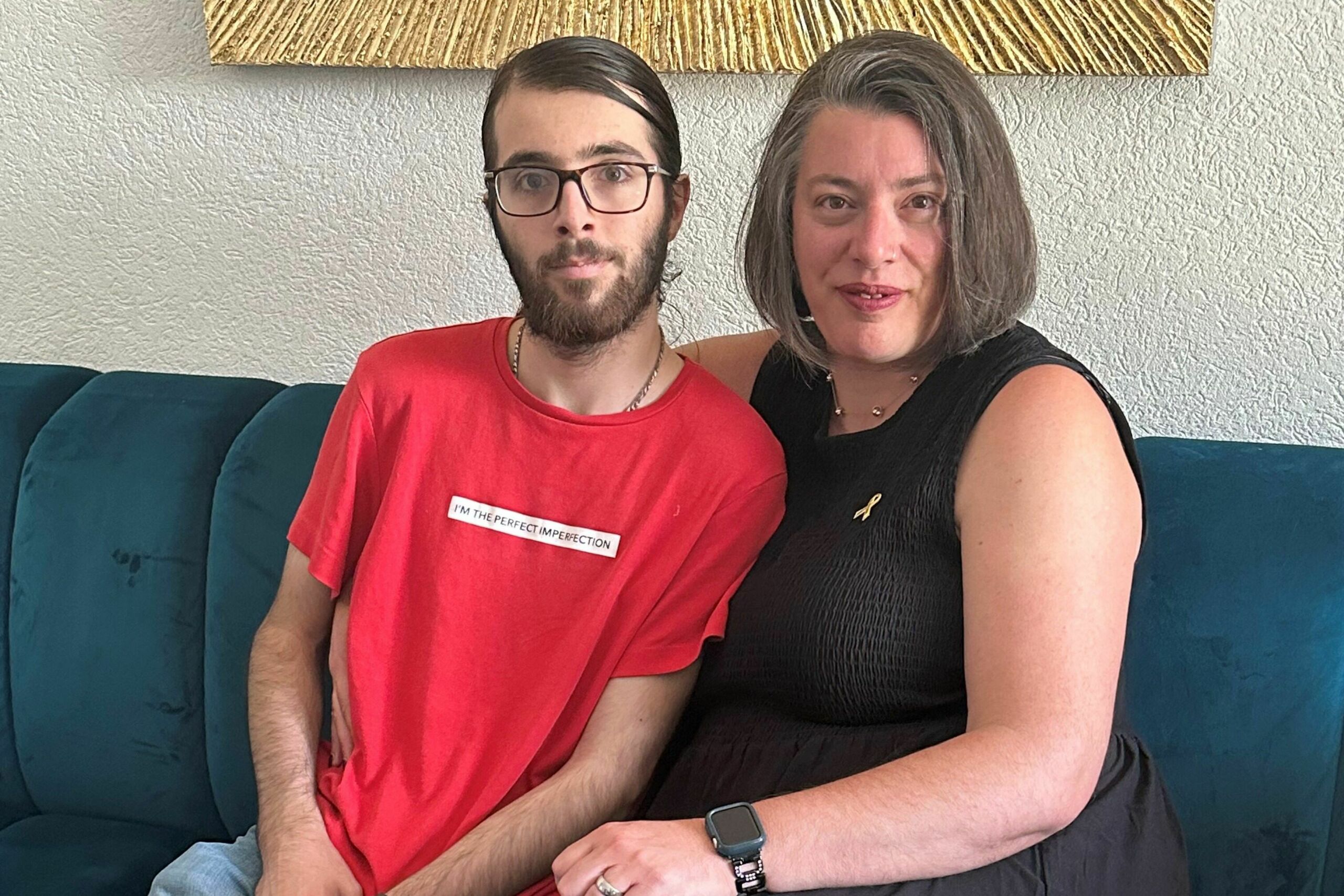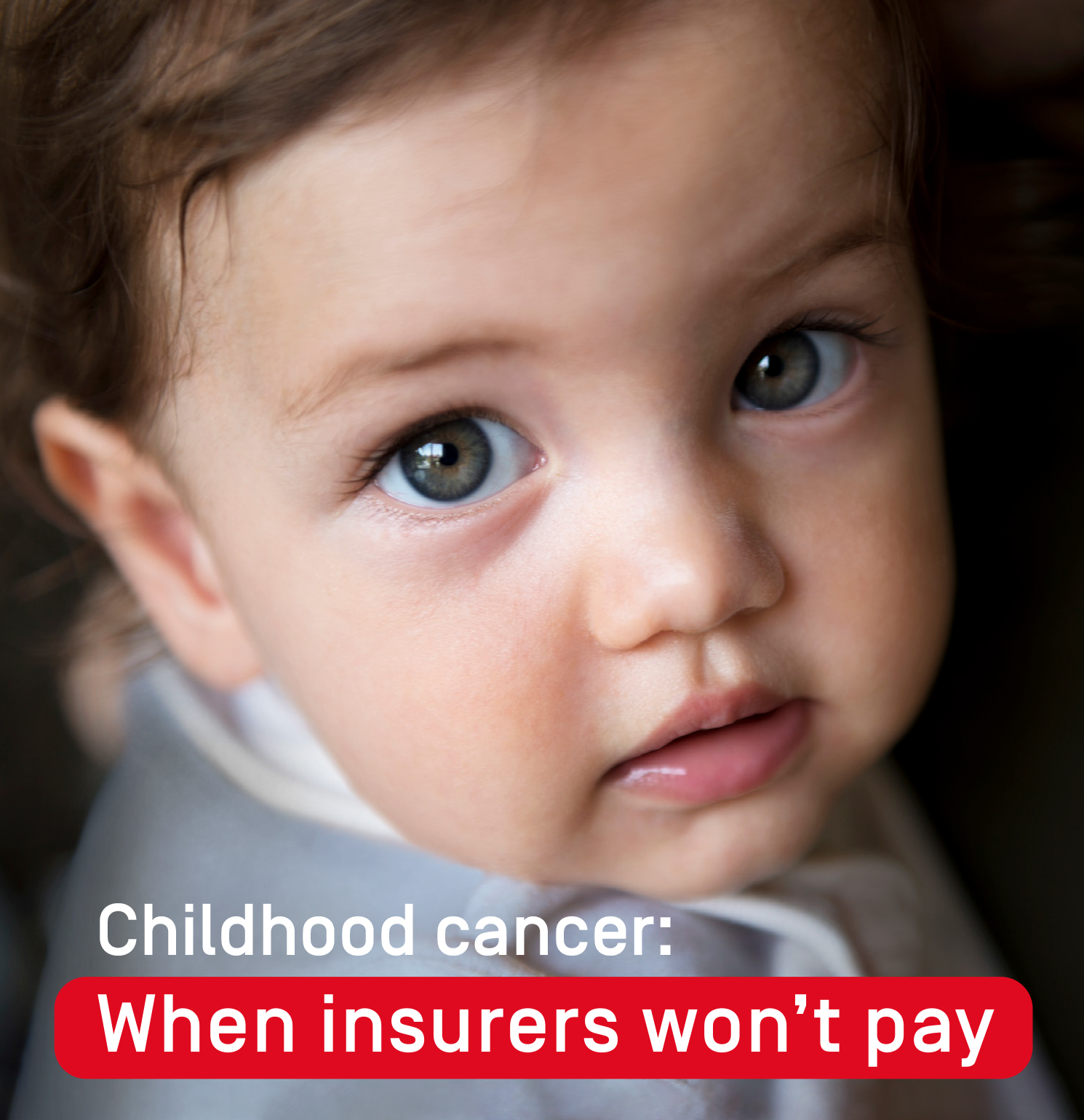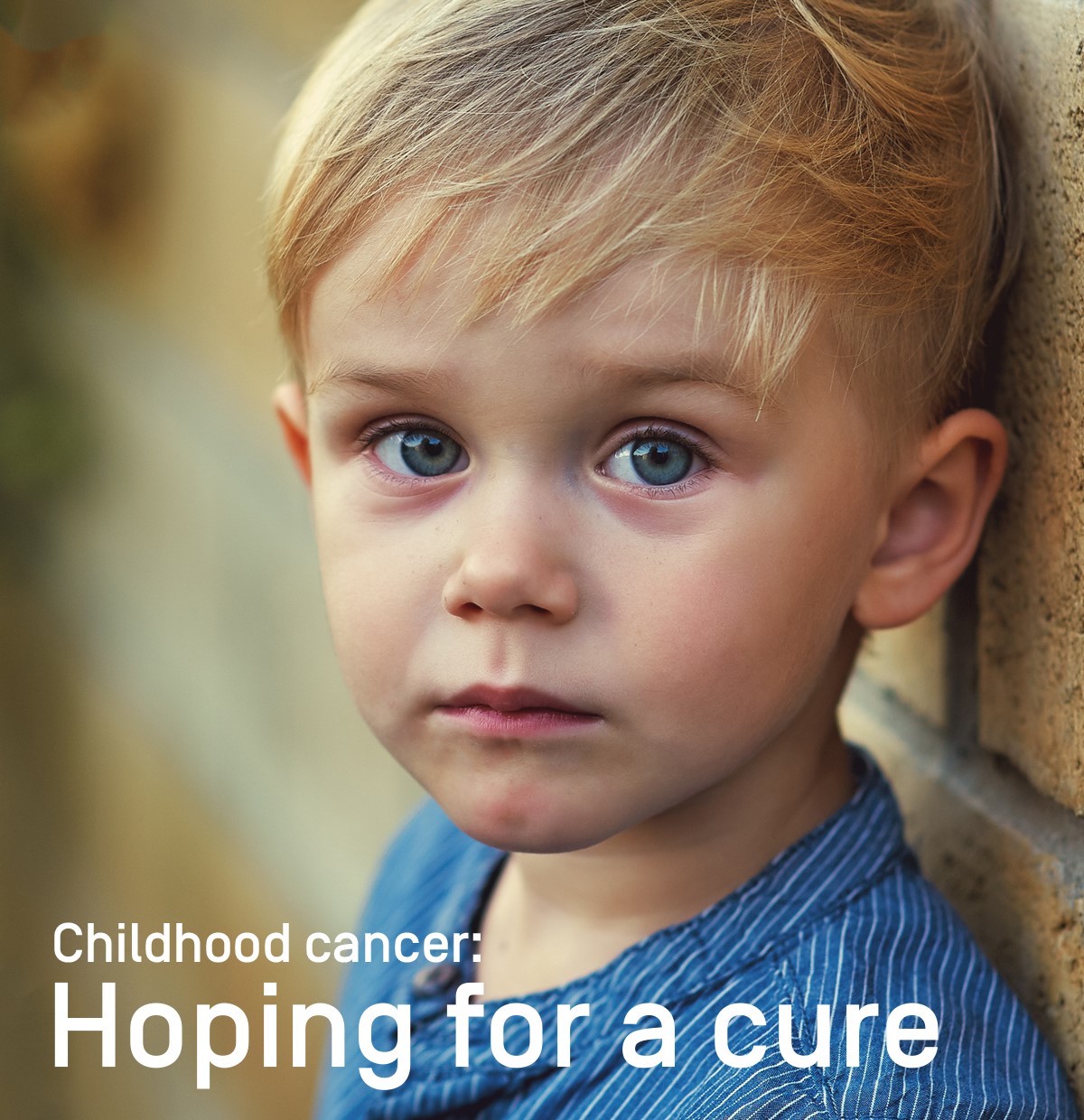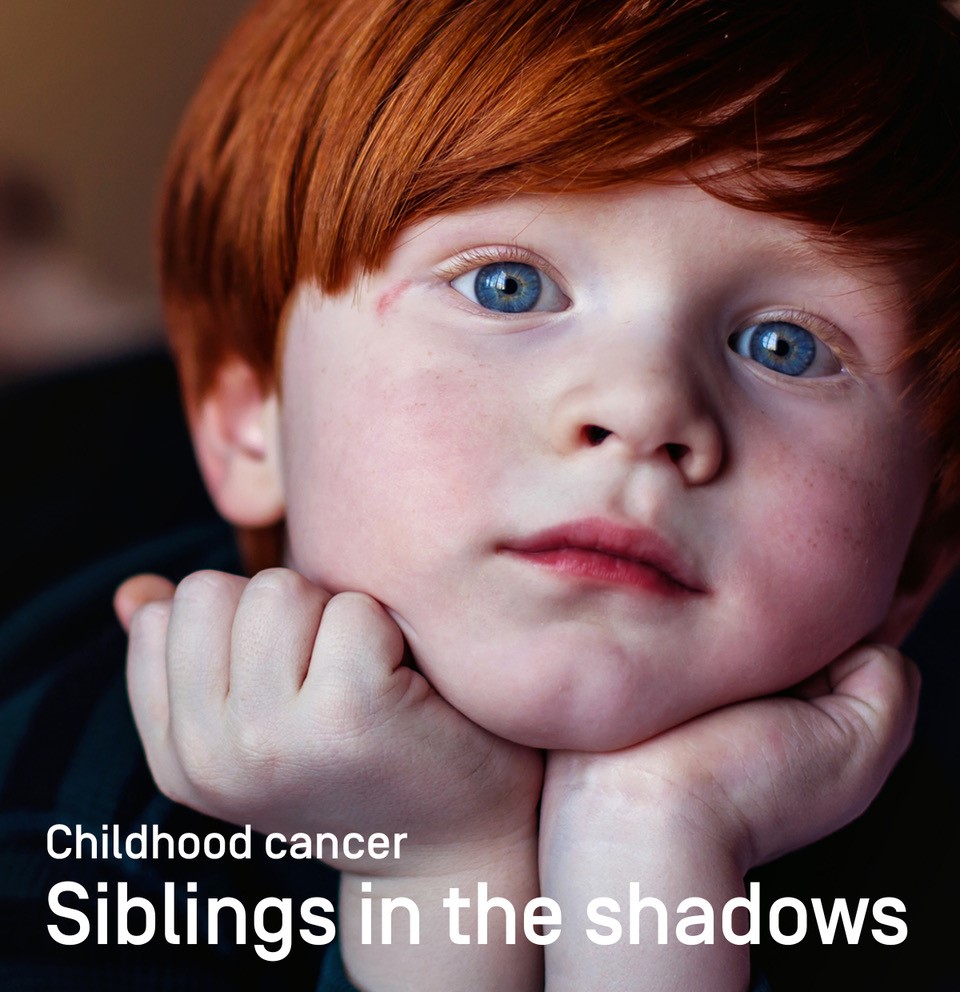Late effects – a wide range
Thanks to medical progress, four out of five children and adolescents nowadays survive cancer. Around 80 per cent of those affected are nevertheless confronted with late effects. These can be caused both by the disease itself and by the intensive therapy, sometimes not appearing until decades later and becoming more severe with age. The type, frequency and severity of late effects are influenced by different factors and can affect almost all organ systems: the heart, hearing, lungs, liver, kidneys, sex organs, endocrine glands, nervous system, bones and muscles. The physical consequences can be compounded by psychological problems such as anxiety, depression and post-traumatic stress disorder (PTSD). Many of those affected also suffer from chronic fatigue and are therefore physically and mentally exhausted more quickly and thus less able to work under pressure. According to an international study, survivors are highly likely to be affected by unemployment as adults*, with those who had a brain tumour as a child or adolescent at particular risk. The range of late effects is thus great. It extends from physical and psychosocial to economic consequences if integration into the world of work is not or only partially possible. Modern childhood cancer medicine therefore aims not only to treat the disease as successfully as possible, but also to keep the late effects as low as possible.
“I would like specific offers and measures for entering working life”
Delia Mazuret, Survivor
Challenges in training and at work
Finding an apprenticeship, choosing a course of study and successfully entering professional life are fundamental steps for young people if they are going to participate in social and economic life. However, being affected by a life-threatening illness such as childhood cancer during the crucial years of self-development leaves a mark that can affect them entering the world of work. Depending on the severity of the impairments, survivors are confronted with different challenges, some greater than others. Some cannot find a suitable apprenticeship and others are forced to give up on their training. And then there are those who start work with a reduced workload because they cannot offer an employer any more than that. Frequently mentioned reasons for this are physical limitations, chronic fatigue, concentration difficulties, psychosocial problems and lower resilience. If a person cannot, or can no longer, give 100 per cent performance, long-held career aspirations often have to be abandoned and new career prospects sought. Unemployment, loss of self-confidence, dependence on the family are just some of the risk factors for mental health problems that can negatively impact the quality of life of those affected. Even though most survivors luckily succeed in entering professional life, experience shows that they can suffer a setback many years later. Some are already well established in their professional life, have perhaps started a family and suddenly their level of performance decreases. This may mean that an already reduced workload has to be reduced further or that gainful employment is no longer possible at all. If the health impairments were not registered with the invalidity insurance (IV) at an early stage, or if a partial pension is not sufficient to safeguard their livelihood, those affected can find themselves in a financial and personal emergency.
Voices of the experts
“There is a lack of adequate training opportunities for survivors”
Andrea Kurzo, professional psychologist
“It is important to inform those affected about the legal aspects as early as possible”
Martin Boltshauser from Procap
How integration can work: information, consultation and support
Survivors and their parents are often not sufficiently informed about the legal basis in connection with the illness. The Swiss social system is complex, and those affected often feel overwhelmed and left in the lurch when problems arise with professional integration. Preventive, legal counselling and comprehensive medical clarification before the start of training would help to take into account important social security aspects and avoid misguided career choices. However, a realistic assessment of their own abilities and deficits is only the first step. If late effects are present, there are many questions for survivors to consider when choosing a career: What professional possibilities do I have? What can and may I trust myself to do? How resilient am I? Can I realise my career aspirations despite the late effects or what alternatives are there? Survivors often fall through the cracks in the system. Either their capacity is not quite sufficient for the standard labour market or they find themselves underchallenged in “lower” positions. Therefore, there is a need for counselling services that are specifically tailored to their needs. These could support the survivors in their professional orientation and, together with them, clarify where their strengths and abilities lie in order to develop realistic career perspectives. In order for integration into the world of work to be successful in the long term, there is also a need for occupational coaching if further difficulties arise due to the late effects and if there comes a time when professional reorientation becomes necessary. Such specific support services would help survivors have better opportunities to find a place in the world of work that suits them and thus gain independence and quality of life.
“For former childhood cancer patients, job applications are a bit like walking a tightrope”
Rahel Morciano, affected mother
Possible obstacles to an application
In Switzerland there are currently around 7,000 people who survived cancer in their childhood or adolescence. Due to the high recovery rates, this number is likely to increase in the future. This also means that a growing number of young survivors are looking for suitable educational, training and professional opportunities that will enable them to lead independent and self-determined lives. However, people with disabilities or impairments don’t have it easy in our society. For example, employers admit that they prefer applicants without performance limitations because they otherwise fear disadvantages for their company. On the other hand, young survivors often don’t know whether they are legally obliged to mention their medical history in a job interview. In practice, however, the disease is often concealed if the late effects are not (too) visible as those affected fear the stigma associated with the illness. Under certain circumstances, this can lead to problems later if there comes a time when the survivor’s performance is simply not sufficient. With the help of career counselling for survivors, young people who are at the beginning of their careers could be told about their rights and specifically trained on how to deal with this difficult issue. After all, speaking openly about the illness once you have learned to present yourself and your history in a positive way can definitely influence the outcome of a job interview. Employers, in turn, need to be sensitised to the issue of childhood cancer and the late effects. This could also help survivors gain more opportunities on the labour market.
Our commitment
Childhood Cancer Switzerland offers various support and networking services so that survivors and their parents are better informed and supported during and after the illness. These services include the free legal consultation service initiated by the umbrella association in 2021. The service provides professional help on social security and job-related issues. Back in 2017, Childhood Cancer Switzerland set up a Survivors’ Centre aimed at survivors and their families. This contact point, which is unique in Switzerland, informs and advises those affected, promotes their interests and organises important networking opportunities. In addition, the umbrella organisation regularly offers professionally accompanied weekends for parents of a survivor. This is where affected fathers and mothers can talk to experts about late effects, follow-up care and future prospects for their child. In terms of research, Childhood Cancer Switzerland promotes a whole range of projects, such as the “Swiss Childhood Cancer Survivor Study”. In addition to the physical late effects, the long-term study also examines the quality of life and possible psychosocial problems, perhaps at school or in working life. The knowledge gained will help to improve the treatment, follow-up checks and quality of life of former and future patients. In order to meet the great need of those affected for reliable and comprehensive information, Childhood Cancer Switzerland is also working on a digital information platform. The low-threshold offer is aimed at current and former patients and their families. It aims to collect all relevant information about living with and after the illness and make it available to those affected free of charge. All these offers and promotional measures developed by Childhood Cancer Switzerland are first important steps. However, more comprehensive measures are needed to improve the professional and social integration of survivors in the future.
* Mader L, Michel G, Roser K: Unemployment following childhood cancer—a systematic review and meta-analysis. Dtsch Arztebl Int 2017; 114: 805–12. DOI: 10.3238/arztebl.2017.0805
